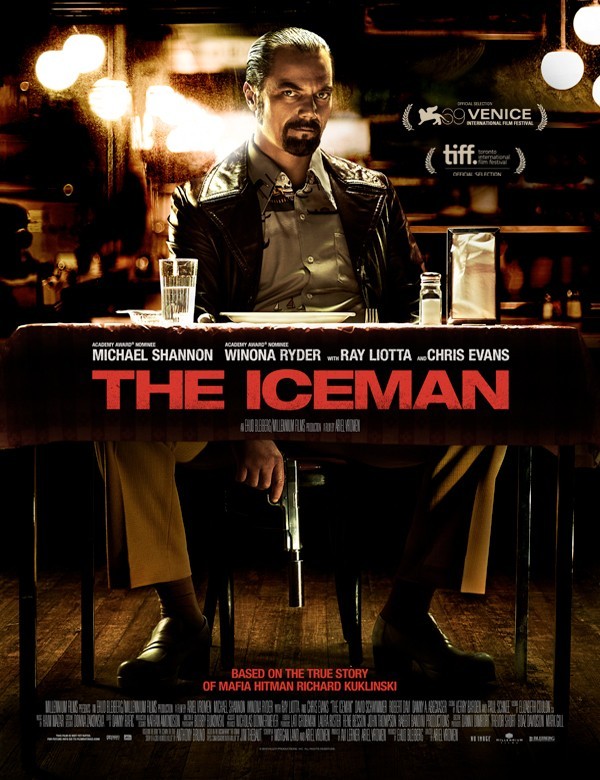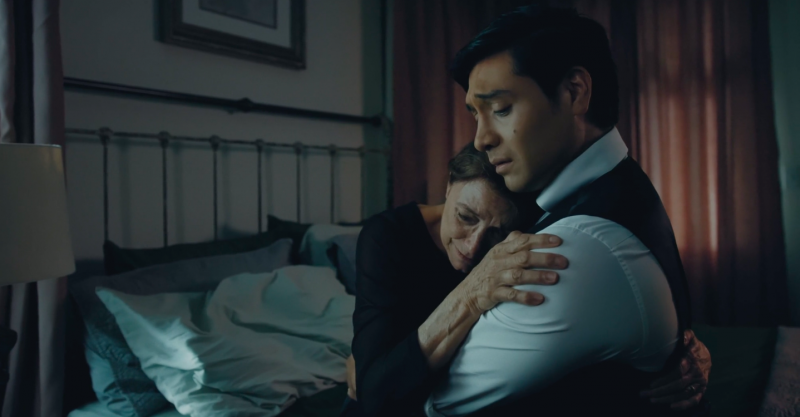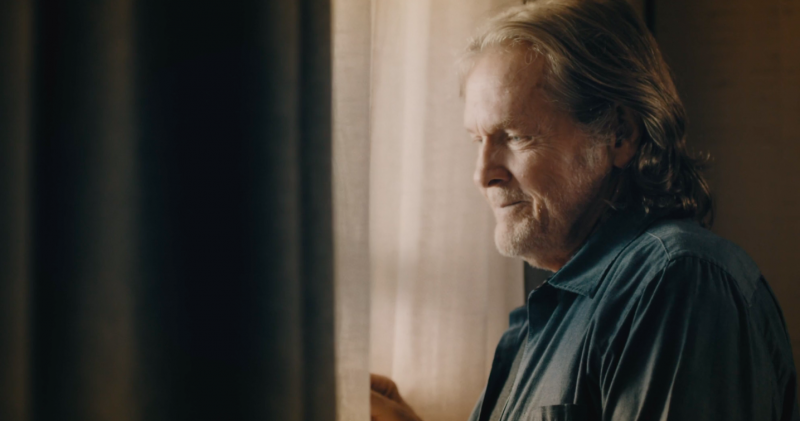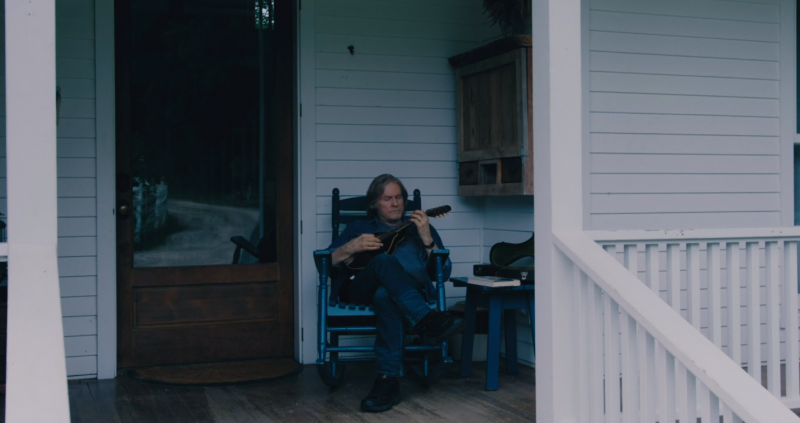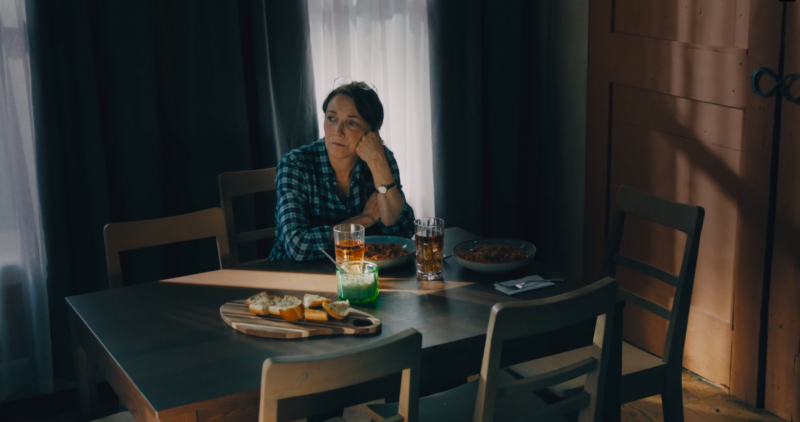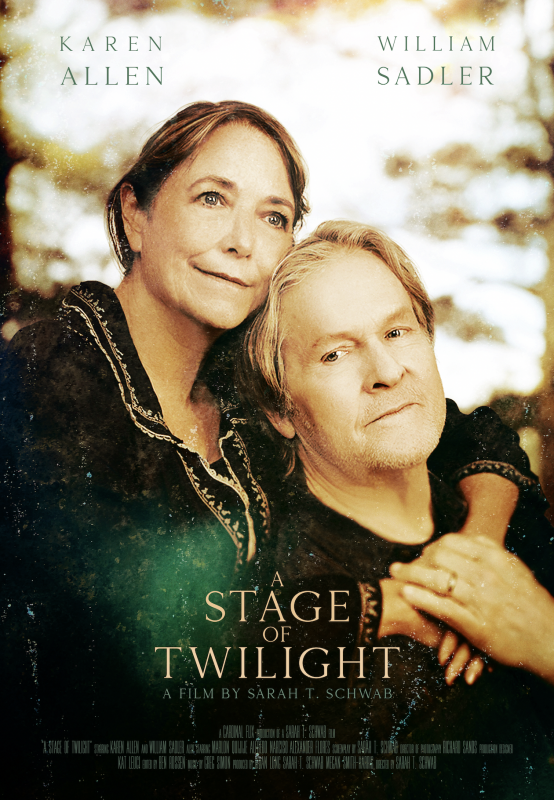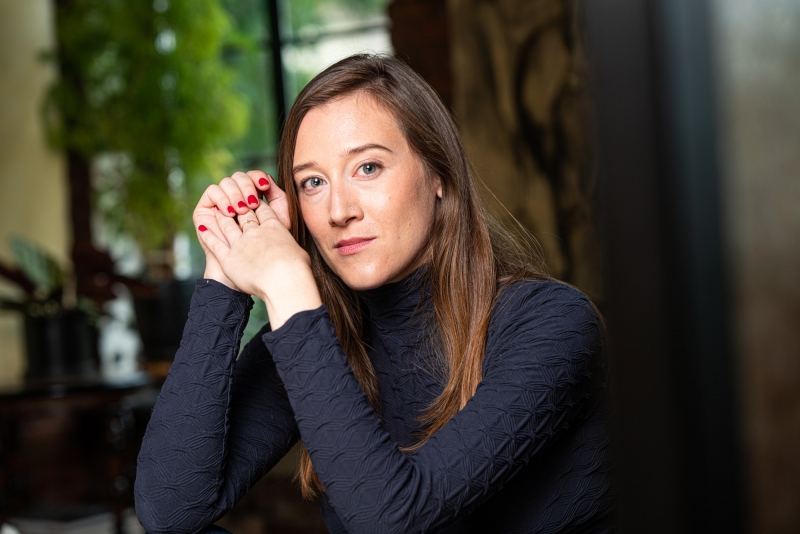|
|
||
|
Pro Tools
FILMFESTIVALS | 24/7 world wide coverageWelcome ! Enjoy the best of both worlds: Film & Festival News, exploring the best of the film festivals community. Launched in 1995, relentlessly connecting films to festivals, documenting and promoting festivals worldwide. Working on an upgrade soon. For collaboration, editorial contributions, or publicity, please send us an email here. User login |
'The Iceman' (2012). Interview with director Ariel Vromen.
‘The Iceman’ (2012) is based on the true story of Richard Leonard "The Iceman" Kuklinski, a veritable sociopath who led parallel lives- a brutal contract killer and a devoted family man- until his arrest in 1986. Richard was an American hitman who joined the mafia as a contract killer for the DeCavalcante crime family in New Jersey and the Five Families in New York. Directed by Ariel Vromen, the film stars Michael Shannon, Winona Ryder, Ray Liotta, Chris Evans, David Schwimmer, Ryan O’Nan and James Franco. It hits theaters today, MAY 3rd, nationwide.
I Interviewed director Ariel Vromen while in Sonoma. Here is what he had to say:
ME: You came from Israel before taking on Hollywood. Can you tell us about your long roundabout journey getting into filmmaking?
ARIEL: I grew up in Israel and then my family moved to Brazil when I was four.
ME: You speak Portuguese then?
ARIEL: No, nao falo Portugues. I used to. In fact, I have Super 8 movies from when I was a kid blabbering away in Portuguese fluently. Then I came back to Israel and started Hebrew so I forgot all my Portuguese. Anyway, I got my first Super 8 camera when I was thirteen and that was the beginning of me starting to be attracted to cinema. I used to do that but then I went to the army, like every Israeli. I chose to go to a very special unit of the Air Force so I had to do four years of military service where they drain you from anything creative. By the end of it, it was natural for me to move into law school so I moved to England and did law school there. It was during this time I started to be affected by music again. I used to play drums as a kid as well, so I got back into the music world where I started teaching and traveling as a performing artist. And all of that naturally led me back to film. I’m a very late bloomer as a filmmaker.
ME: And you’re just getting started! This is your third feature. Can you speak about what first attracted you to the story of serial killer Richard Leonard "The Iceman" Kuklinski?
ARIEL: First of all he wasn’t a serial killer. He was a hired hitman. And there is a difference. A serial killer is a psychopath and a hitman is a sociopath. A psychopath gets a certain emotion and feeling out of killing, whereas a sociopath is doing it not necessarily because they want to kill but because it’s serving a certain physical element in their own life. What attracted me to this story was that it’s a story about a an extreme sociopath who on the one hand didn’t feel anything for a second when he took a life away, and yet in his own mind he felt so much for the people that he created, his family. That duality was very fascinating to me.
ME: An extreme bi-polar situation?
ARIEL: An extreme bi-polar that has no conscience, no fear and has issues dealing with people, although he doesn’t show it. He is very hidden among us. Sometimes you can feel among you a sociopath but 90% of the time you won’t.
ME: I think it was Truman Capote who said something to the effect that the artist and the killer grow up in the same house but one day the artist walks out the front door and the killer walks out the back door. Were you perhaps similarly attracted to this killer as Capote was to his?
ARIEL: Yeah! By the way, I think all artists have a certain split personality in them. Maybe mainly actors because it’s a muscle you have to push when you always have to be someone else.
ME: Writers and directors too maybe?
ARIEL: Yes, because you have to zone into someone else’s mind. So, it’s a muscle that you exercise on a daily basis. Hopefully, it won’t take over your life, although we see here an example of someone whose life it was taken over by. You know, you hear so many stories in Hollywood of people losing their mind to drugs and losing themselves. Some people lose it because they don’t know how to deal with fame but the majority of people lose it because they are just constantly either on a rejection path or because they are constantly playing someone else. They can be typecast and suddenly they start to believe they are kind of Evel Knievel people. So, yeah, I think Hollywood and sociopaths go together. Socio-Wood. LOL. Also, people start to lose conscience and part of the issue is starting to lose a sense of what is real and what is not. And that’s why Kuklinski had a real issue because he thought that his family was for real, that his kids were for real.
ME: He never saw his family again did he?
ARIEL: Yeah, because he never shared with them the truth of his real life so that’s the paradox.
ME: He thought his family should be his center and yet he wasn’t giving them the same respect. He wanted his family to be his truth while he was not their truth?
ARIEL: Yeah. Eventually, he just used his family as his own security. He was saying in the documentary many times that if he could never leave the house, he never would have because he felt so safe there, something that he never felt anywhere else.
ME: That’s beautiful and sad. I want to ask about some of the scenes in the film, which to me were very moving. The scene with James Franco’s character ‘Marty’ praying to God and then Richard Kuklinski (Michael Shannon) asks him to pray harder before he kills him. This was a very tense moment in the film. What are your thoughts on this scene?
ARIEL: Well, Kuklinski had a relationship with God. He was an altar boy when he was in school. His parents sent him to a Catholic school, which is again another paradox that the movie deals with. You know, some people think that if they hide behind religion they are good people. If they go to church or synagogue once a week they are good people or fast on Yom Kippur then they are going to be forgiven. I personally don’t believe in that. It’s not that I don’t believe in God or the power of spirituality. I’m a big believer of that. But I think how people sometimes hide their own sins behind religion, that’s something that needs to be spoken about and I think Richard Kuklinski had that conflict but at that time he didn’t know what else to do so he sent his daughters to Catholic school. He thought that was the best thing to be done and yet at the same time, he has a conflict with God because he questioned: “What is God?” If there is really that power protecting us like we believe and he is in front of a person that claims innocence (and Franco’s character is claiming his innocence in this scene), begging on his knees and praying, Kuklinski said: “This is an interesting exorcise. If you believe in God and have a connection to him, pray for him. Take your time and pray and if there is a god, then he needs to stop me right now. I came here to do a job but if you think there is someone that thinks you shouldn’t die, then he should take charge and something should happen.” He was asking for an act of god, as we say. I mean, if we want to analyze it in a philosophical way there is something big about it, the fact that God was busy.
ME: Kuklinski asks Marty to pray for God to appear (if indeed there is one) to stop him from killing him. Of course God doesn’t appear at that moment so he goes through with his job. Is there poetic justice, or karma, at the end?
ARIEL: This is a sign of a karmic path of a character, and absolutely. This is more spiritual than anything. The acts that you do in life are eventually going to be rewarded or not. But in the scene with Franco we are talking about a scene with a person who is calling on god to save him and yet maybe he is a dirty sleazy guy who shooting porno in his home with a teen hooker so he has his own sins but he’s hiding and screaming to God for help. Kuklinski is almost helping him pray in this scene. In his mind, at least from the beginning, he was absolutely sure that if somebody wants somebody dead, who is he to question that? He was just a messenger and he felt that the decision of killing somebody was not his. So the scene of life is not necessarily the act of taking life but the decision about it. Like the decision to go to war, it’s not the soldier who kills the innocent people in war, but the general, the chief of staff, the president who made the decision who are to blame. Kuklinski saw himself as a soldier for the mob.
ME: After your movie is coming out on May 3rd, what is next?
ARIEL: I have about three or four other projects we are juggling right now. We haven’t figured out which one is next. I should know in the next couple of weeks and if I will be shooting this fall or early next year.
'The Iceman' held its world premier at the 2012 Venice Film Festival, followed up by the Toronto International Film Festival and recently opened the 16th Annual Sonoma Film Festival on Wednesday April, 10th, 2013. Director Ariel Vromen and Ray Liotta attended the opening night of the Sonoma Film Festival, sponsored by Netflix. 'The Iceman' hits theaters today, MAY 3rd nationwide.
Interview by Vanessa McMahon. View the official website here: http://theiceman-movie.com/
|
LinksThe Bulletin Board > The Bulletin Board Blog Following News Interview with EFM (Berlin) Director
Interview with IFTA Chairman (AFM)
Interview with Cannes Marche du Film Director
Filmfestivals.com dailies live coverage from > Live from India
Useful links for the indies: > Big files transfer
+ SUBSCRIBE to the weekly Newsletter Deals+ Special offers and discounts from filmfestivals.com Selected fun offers
> Bonus Casino
User imagesAbout Sonoma International Film FestivalMy festivalThe EditorUser contributions |


















